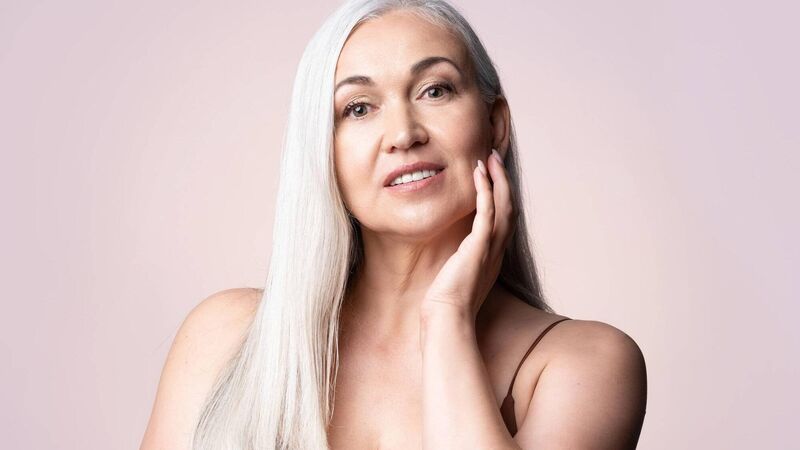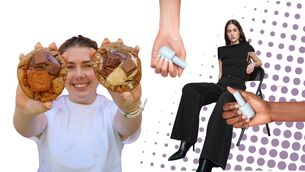The Skin Nerd: Taking care of your skin during menopause

Pic: iStock
By the time you reach menopause, your skin will have gone through many experiences – puberty, long hot summers, freezing winters, potential weight gain and loss, layers upon layers of makeup, laughter and tears to name a few!
But that’s not it - menopause certainly doesn’t mark the end of change for the skin. Acne, wrinkles, dryness and sun spots – menopause can have many effects on the skin – in fact, when it comes to our skin, some refer to menopause as ‘puberty in reverse’.







